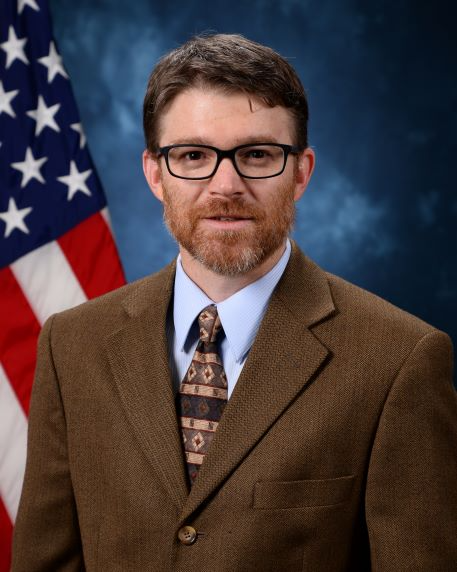
Title
Teaching Metacognition to Support Students Becoming More Skillful Learners
Abstract
You may have heard the saying, "You can lead a horse to water, but you can't make it drink." But you can put salt in its oats! In this sense I seek to make my teaching "salty", drawing students into deeper learning, by teaching metacognition. This talk will look at a way to teach metacognition with existing courses that I developed as part of an NSF grant. Along the way we will look at what metacognition is and why it is important to engage students in their metacognitive growth. I will share what we learned about the impact on students and instructors, challenges we have experienced, and new directions we have been prompted us to explore. I have found that teaching metacognition can help build student agency in learning and to help them make their knowledge useful. Teaching beyond exams or even a course, I aim to help students develop as competent and adaptable professionals.
Bio
Patrick Cunningham is a Professor of Mechanical Engineering at Rose-Hulman Institute of Technology. His professional development is focused on researching and promoting metacognition, self-regulated learning, and reflection among students and faculty in Engineering Education. Dr. Cunningham teaches a range of courses across undergraduate levels with specialization in dynamic systems, measurement, and control. In his teaching he seeks to apply what he has learned from his research, spurring student reflection and metacognitive growth, so that they may become more skillful learners. Skillful learners are capable, independent, and adaptable thinkers who are able to succeed wherever their career paths lead. Dr. Cunningham has been a PI/Co-PI on two NSF-funded grants and led Rose-Hulman's participation in the Consortium to Promote Reflection in Engineering Education (CPREE). He is also a regular contributor to the Improve with Metacognition blog. Dr. Cunningham has industry experience through 7 co-op experiences as an undergraduate student and 2 sponsored projects as a graduate student and as a consultant after joining the faculty at Rose-Hulman. He was an NSF Graduate Research Fellowship recipient and a recipient of the Rose-Hulman Board of Trustee's Outstanding Scholar Award for his research work. He holds B.S., M.S., and Ph.D. degrees in Mechanical Engineering from Purdue University.
Time: Thurs. May 4th, from 2:00 - 3:00 pm CT)
Place: City Union (Platte River Room South) or via zoom (https://unl.zoom.us/j/212107342)